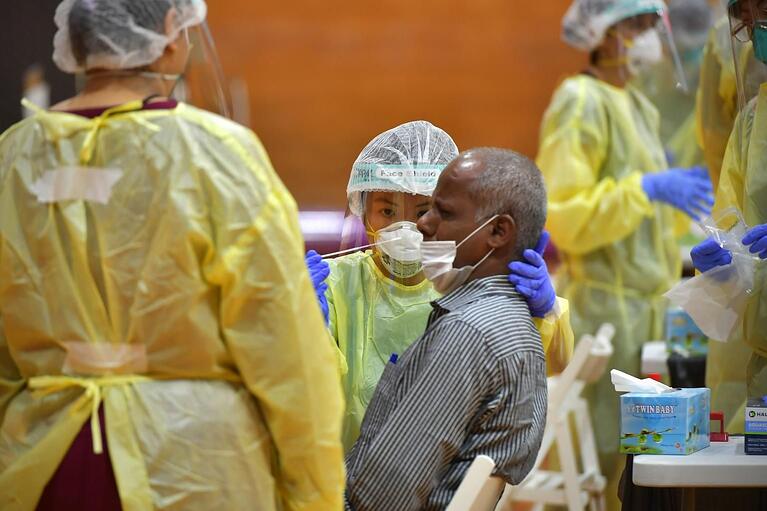THE BUSINESS TIMES, TUE, JUN 09, 2020 – 9:58 PM
[SINGAPORE] Singapore is among the safest places to live during the Covid-19 pandemic, a new study says, indicating the authorities are well placed to lift restrictions aimed at reducing the spread of the coronavirus.
The country ranked fourth, just ahead of Japan, out of 200 nations and territories in a survey that took in 11,400 data points in categories that include quarantine efficiency, monitoring and detection as well as emergency preparedness.
The top spot went to Switzerland followed by Germany in the ranking released on June 4, done by Deep Knowledge Group, a consortium of companies and nonprofits owned by Deep Knowledge Ventures, a Hong Kong-based investment firm.
The results bode well for efforts to lift some of the safe distancing measures after the “circuit-breaker” period ended on June 1.
Singapore also finished fourth in the same survey released in April just as cases of the coronavirus surged, owing to outbreaks among migrant workers living in dormitories.
“As regions begin to prepare for relaxing lockdown conditions and economic freezing mandates, factors which impact their capacity to withstand economic fallout as a result of the pandemic take on greater levels of importance,” the report said.
Switzerland and Germany took top marks, leap-frogging previous winner Israel, because they acted early to contain the number of new cases, the report said.
With a population of 83 million Germany’s peak of new cases came on March 28 with nearly 6,300. Switzerland’s came a day earlier, with 1,447.
By comparison, Singapore’s worst day of the pandemic came three weeks later, with a disproportionately large 1,426 new cases on April 20.
Other places, which are deemed to have contained the virus, but still saw second waves of infections also fared relatively less well.
Taiwan, which has had zero new cases for at least a week, ranked 16th.
Vietnam, which posted a record 25 new infections on May 15, clocked in at number 20.
Germany reported most recently 214 new cases, compared with Singapore’s 386.
In Switzerland, it was nine.
“It is clear they survived and surpassed a very critical stress-test,” the report said of the Europeans.
Their recent moves in relaxing lockdowns and resuming economic and social activities are tangible evidence of this success, it added.
Even so, Singapore took top marks when it came to monitoring and detection, and squeaked past Switzerland to take second place on how it conducted its quarantine.
By comparison, Singapore fared relatively less well when measured for government efficiency, the survey said.
“The majority of positively-scoring territories are located in Asia specifically… and one of the most common factors among them include governments with a high degree of emergency preparedness and rapid mobilisation of resources,” the report said, singling out Singapore and China which scored seventh.
But the report also illustrates how the pandemic is moving into a new, more dangerous phase in which richer countries are battening down the hatches to wait for a vaccine while poorer countries struggle to even test for the virus.
Mali, Rwanda and South Sudan were the most dangerous places to live out the Covid-19 pandemic, according to the survey.
In Indonesia, which ranked 97th, just ahead of Cambodia, officials have begun a phased wind down of social-distancing restrictions, even as the tally of new infections climb. As recently as Saturday, new infections hit a record 996.
Still, officials are confident the capital can mitigate the spread.
Jakarta’s MRT will cap passengers per car at 70 and do temperature checks of the commuters.
The MRT, which went into operation early last year, will even enlist the military to enforce a strict no-talking policy aimed at stopping commuters from spraying coronavirus onto others, William Sabandar, managing director of the Jakarta MRT, told The Straits Times.
“If we pass this test, we can safely reopen and prevent a second wave.”
THE STRAITS TIMES

